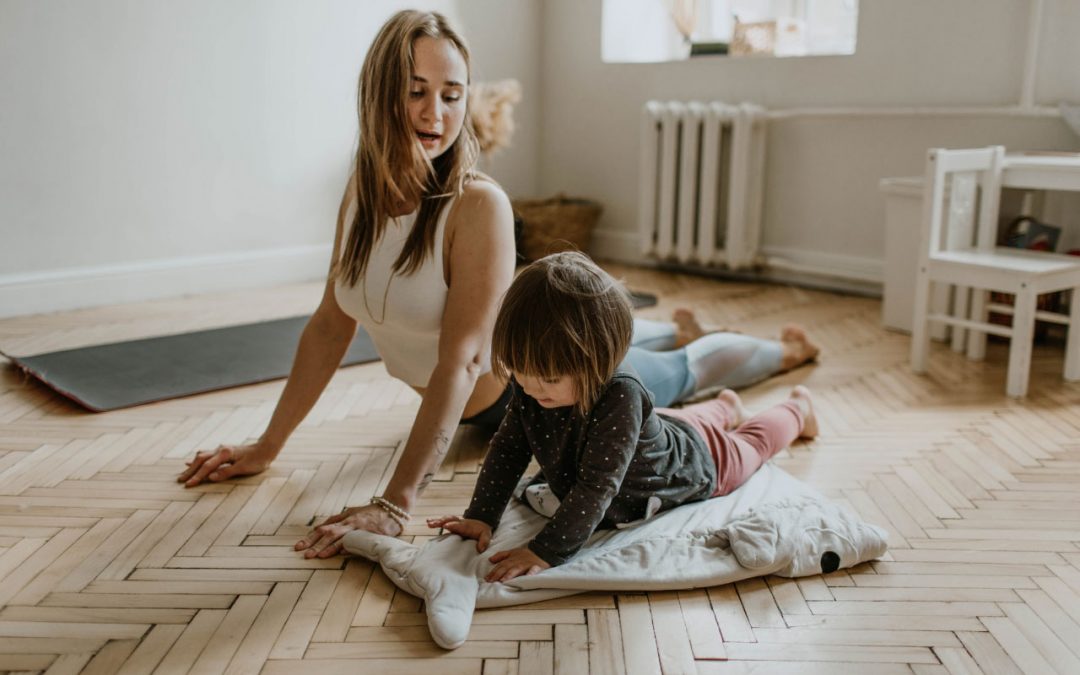We hear people say that children will have many friends, and that parents need to be the parent not the friend. What does this mean, and why is it so important?
Being a parent comes with a huge checklist of what we need to do and so much advice on how we need to do it. There are books, blogs, articles to read and podcasts to listen to.
The best feedback a parent can receive from their child is a smile, a cuddle and a “I love you”. To receive these 5 stars from our children it is easy to cross over into the “friend zone” and give them everything they want. But what happens to our role as a parent when this happens, and more importantly what happens to our kids?
The role of a parent is to help mould these little people into the adults of the future. If we don’t fulfil our role as a parent, we are not allowing our children to have a safe place to practice different types of behaviours, communication skills and problem solving strategies. This means that when they do venture out into the big wide world, they will be going into it unprepared.
So what are some of the simple, but often forgotten, tasks of parenting that your child needs during these early years?
- Say “no” – Saying “no” to your child is not going to harm them – in fact, if you never say “no” to them, you may be setting them up for disappointments in their adult life. By saying “no” to children they are learning that they are not always going to get their own way. Hearing the word “no” allows children to practice their own problem solving skills as they attempt to change it to a “yes”. They also practice different communication styles such as aggressive or assertive communication by speaking through the issue or trying out the tantrum. When they finally accept the “no” response they are learning about disappointment and then resilience.
- Discipline strategies – It is very common for me to hear parents say that nothing works for them when it comes to disciplining their children. Delving deeper into this statement, I often find out that it is not the discipline strategies that are not working, but the parent’s ability to follow through with the discipline. Time out seems to be a thing of the past. The importance of getting children to use the time out strategy is to teach them about self-regulation of their emotions, and the need to make better choices in the future. Without this, these future adults will find it difficult to control themselves in times of conflict. Going back to the basics of removing items from a child, sending them to bed a little bit earlier or, for the bigger behavioural issues, not letting them attend that event that they were excited about, is all part of teaching them that all actions have a consequence, some positive and some negative.
- Sleep routine – Children need sleep and a bedtime routine. Parents have their own need for sleep and I often hear stories of parents going to bed before their children. This allows the children to stay awake until the late hours of the night. Children are going to tell you that they’re not tired. They are going to tell you that they don’t want to go to bed and the reality is they don’t. Children do not want to miss out on anything, and sleep time is the enemy to them! Following through with appropriate bedtimes for children will allow them to have the rest that they require for their body and brain development. It will also give you as a parent that much needed time to rest and relax at the end of your busy day.
- Quality time – Quality time with your children does not have to be all day long and all the hours that you have free. It just needs to be some time that you give your undivided attention to your child. This might be reading them that bedtime story or, if you have multiple children, this may mean taking one of them out when you do the shopping and having a special treat together. Use this time to check on how their day is going, ask about their friends and find out more about their interests, likes and dislikes. This all shows that you have an interest in their life and that you are paying attention.
Parenting is a huge task and it can be difficult, but it also has so many rewards. If you can focus on your role as a parent for your children in these early years, I can guarantee that they will be an adult in the future that you will want to spend time with.
Donna has been working as a qualified Psychologist at The Couch Therapy for over 16 years. She works with children, adolescents, adults and couples. Donna has written a self-help book called “Managing Your Stress Cup” and has a podcast “On the Couch with Donna Cameron”. Donna’s aim is to take the fear out of mental health by providing her clients with practical workable strategies.
Website: www.thecouch.biz
Facebook: https://www.facebook.com/TheCouchTherapyGroup




